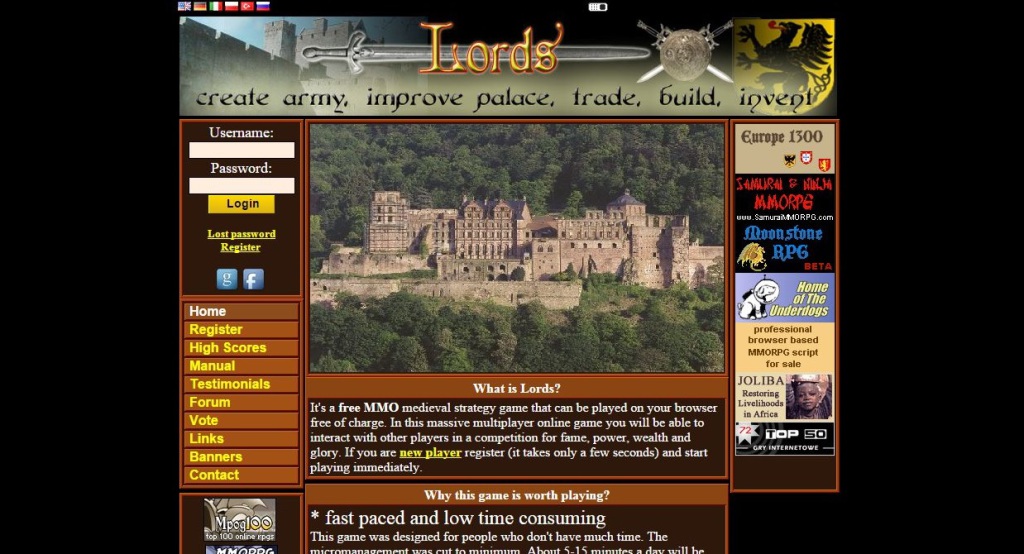The Golden Age of Browser Games: A Retrospective on Early Internet Culture
The Golden Age of Browser Games: A Retrospective on Early Internet Culture Techblg’s exploration into online life in 2007 sheds light on a time before social media and smartphones reshaped our digital experiences. Browser games played a significant role during this era, offering a glimpse into how the early internet felt for millions of users.
Browser Games: A Defining Feature of Early Online Life
From obscure creations lost in the annals of the web to hit games that evolved into major franchises like Doom, Trials, Super Meat Boy, and Bejeweled, browser games were integral to the early online experience. For many millennials, this period represents a golden age of digital play, where the arrival of tools like Flash allowed individuals without extensive technical knowledge to create and share games.
Democratizing Game Creation
Flash democratized game development, turning it from a domain of big corporations into a playground for amateur creators. Anyone with a creative idea and basic skills could publish a game, no matter how unconventional or rudimentary. This shift led to an explosion of creativity and innovation, with millions of unique games flooding the internet. As Flash approached its end in December 2020, nostalgia for these games grew, highlighting both a loss of digital history and a cherished part of our childhoods.
The Spirit of the Early Web
The early web was a chaotic, free-spirited space where users could experiment and express themselves without the constraints of traditional media. Edmund McMillen, creator of iconic games like Meat Boy and Binding of Isaac, recalls the early days as a “creative vortex” that was as much about raw experimentation as it was about discovering what worked. The community-driven approach to game creation and feedback was reminiscent of modern upvotes and likes, fostering a dynamic environment for innovation.
A New Era of Creativity
The flexibility of Flash allowed for rapid prototyping and experimentation. This openness gave rise to new genres and modes of play, such as tower defense games and persistent game worlds, which would later influence major titles and mobile games. Browser games broke down barriers by making gaming more accessible and integrated into everyday life. Games could be played instantly through a browser, without the need for expensive hardware or dedicated software.
Community and Culture
Browser games fostered a sense of belonging for many, with communities forming around platforms like Newgrounds and Kongregate. These early spaces provided a platform for self-expression and connection, with creators finding ways to assert their individuality and creativity. However, the early communities were not without their issues. Women and minorities faced significant challenges, including harassment and exclusion, highlighting the darker side of unregulated online spaces.
The Dark Side of Early Internet Culture
The freedom of early browser game communities came with drawbacks. The same openness that allowed for creative expression also enabled harmful behavior and controversial content. Some games pushed boundaries to shocking extremes, contributing to moral panics and media scrutiny. The early internet’s unregulated nature mirrored societal issues and highlighted the need for more responsible online environments.
The Legacy of Browser Games
As the internet evolved, browser games were overshadowed by mobile and social media platforms. The rise of Web 2.0 and the App Store brought new monetization models and corporate control, leading to the decline of the browser game scene. Despite the shift, the impact of these early games on digital culture remains significant.
Modern platforms like Gamejolt and Itch.io continue to support independent game creators, though the landscape has changed. The accessibility and immediacy of Flash are missed, but the spirit of creativity and rebellion lives on in new forms.
Looking Forward
The early days of browser games represent a unique chapter in the evolution of the internet. While the specific platforms and technologies have changed, the drive for creativity and self-expression persists. As the digital world continues to evolve, new spaces will emerge where youthful creativity can flourish, just as it did during the golden age of browser games.
The internet has transformed, but the lessons and experiences from the early days of browser games offer valuable insights into the ongoing journey of digital culture.
The Golden Age of Browser Games A Retrospective on Early Internet Culture
References The Golden Age of Browser Games A Retrospective on Early Internet Culture :

Leave a Reply